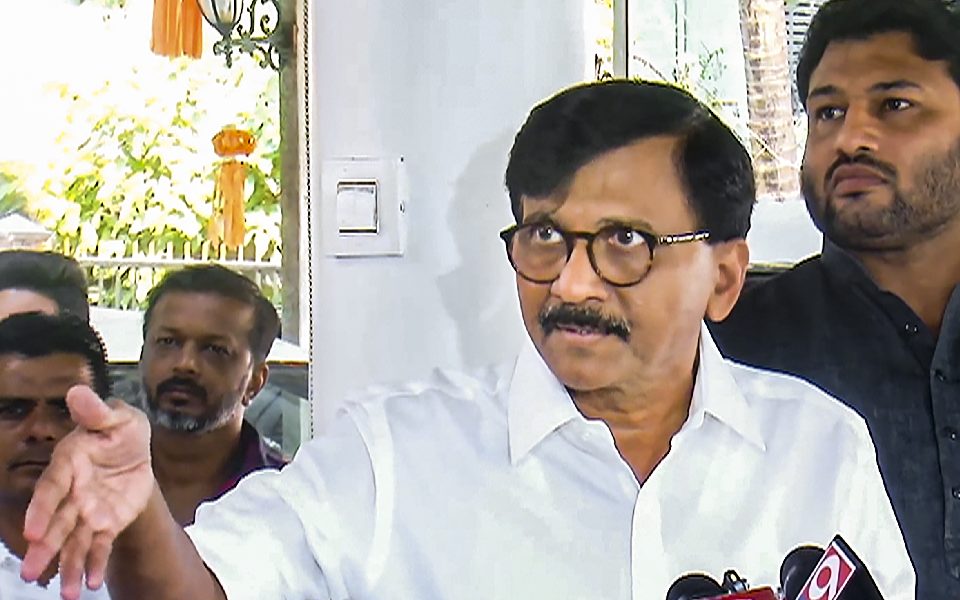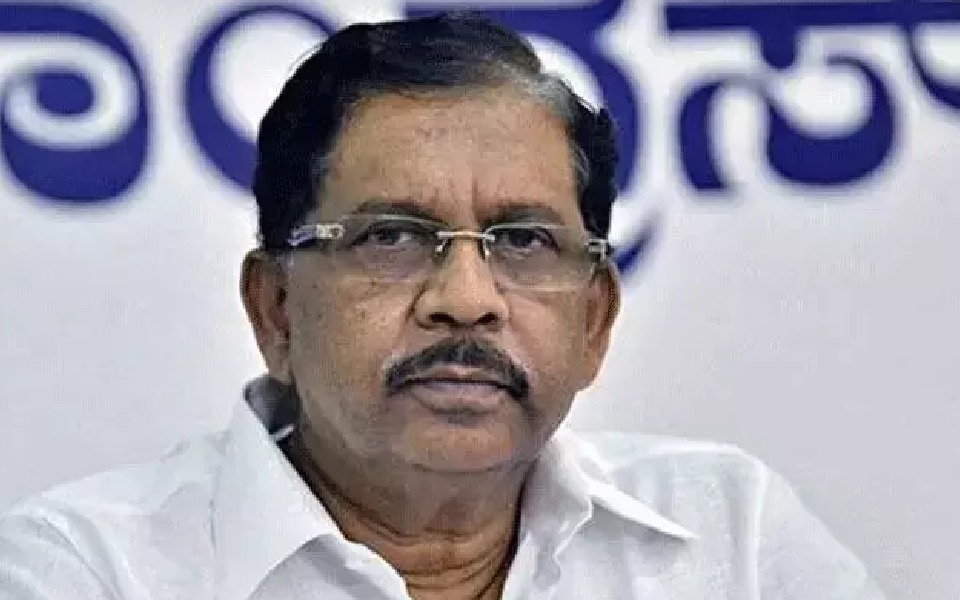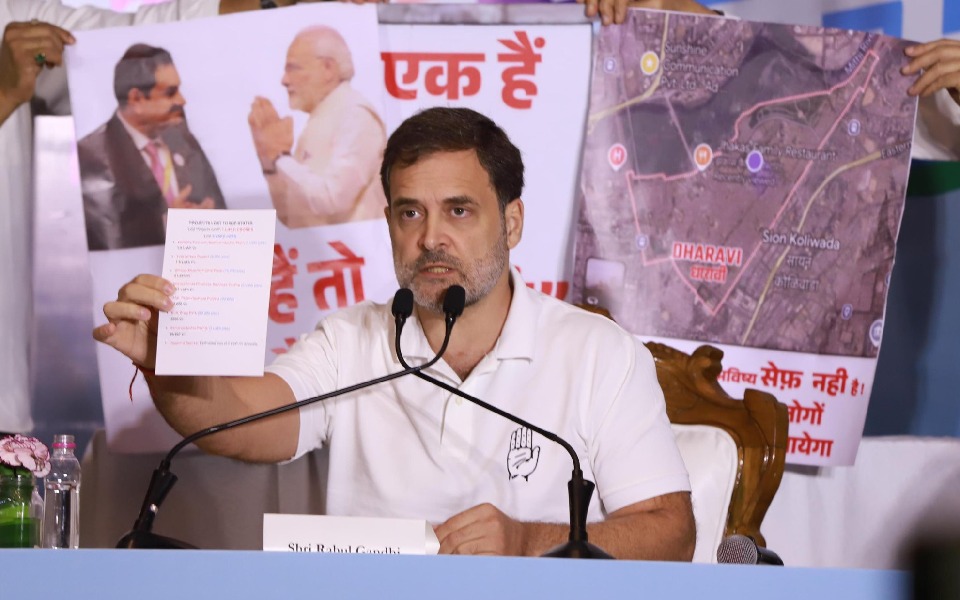New Delhi: Two key Parliamentary Standing Committees, led by prominent opposition leaders, have outlined their agendas to address pressing national concerns, including the availability of essential commodities, foodgrain management, and the regulation of pharmaceuticals.
The Standing Committee on Consumer Affairs, Food, and Public Distribution, chaired by DMK leader Kanimozhi, will focus on ensuring the availability of essential commodities, particularly petroleum products. The panel will also address issues surrounding foodgrain storage, including strategies to prevent wastage in FCI godowns, and explore ways to optimize foodgrain transportation via railways while modernizing the Public Distribution System (PDS).
Additionally, the committee will examine the regulation of packed commodities, with specific attention to sugar content in baby and other food products. Ethanol and biofuel production from sugar, sugarcane, and grains will also be reviewed, along with safeguarding consumer rights in the banking sector. The Bureau of Indian Standards (BIS) and the National Test House (NTH) will come under scrutiny to assess their roles in quality assurance and product testing.
Meanwhile, the Standing Committee on Chemicals and Fertilisers, chaired by Trinamool Congress leader Kirti Azad, will investigate the rising prices of medicines and India’s progress toward self-sufficiency in Active Pharmaceutical Ingredients (APIs). The panel will evaluate the performance of regulatory authorities to curb the circulation of fake and spurious medicines.
The committee will also explore efforts to reduce plastic usage by reviewing the setup of plastic waste management centres. Additionally, it will assess the disinvestment of public sector fertilizer companies and explore ways to enhance sustainability in the sector.
Let the Truth be known. If you read VB and like VB, please be a VB Supporter and Help us deliver the Truth to one and all.
Mumbai, Nov 25: Shiv Sena (UBT) MP Sanjay Raut on Monday demanded a re-election in Maharashtra using ballot papers, claiming there were irregularities with the electronic voting machines (EVMs).
Talking to reporters, Raut alleged several complaints about EVMs malfunctioning and questioned the integrity of the recently held elections.
The BJP-led Mahayuti won 230 out of 288 seats in the assembly elections, while the opposition Maha Vikas Aghadi managed 46 seats, with Shiv Sena (UBT) winning just 20 out of 95 seats it contested.
"We have received nearly 450 complaints regarding EVMs. Despite raising objections repeatedly, no action has been taken on these issues. How can we say these elections were conducted fairly? Hence, I demand that the results be set aside and elections be held again using ballot papers," Raut said.
Citing some instances, he said a candidate in Nashik reportedly received only four votes despite having 65 votes from his family, while in Dombivli, discrepancies were found in EVM tallies, and election officials refused to acknowledge the objections.
The Sena (UBT) leader also questioned the credibility of the landslide victories of some candidates, saying, "What revolutionary work have they done to receive more than 1.5 lakh votes? Even leaders who recently switched parties have become MLAs. This raises suspicions. For the first time, a senior leader like Sharad Pawar has expressed doubts about EVMs, which cannot be ignored."
Asked about the MVA's poor performance in the elections, Raut rejected the idea of blaming a single individual.
"We fought as a united MVA. Even a leader like Sharad Pawar, who commands immense respect in Maharashtra, faced defeat. This shows that we need to analyse the reasons behind the failure. One of the reasons is EVM irregularities and the misuse of the system, unconstitutional practices, and even judicial decisions left unresolved by Justice Chandrachud," he said.
Raut stressed that though internal differences might have existed within the MVA, the failure was collective.
He also accused the Mahayuti of conducting the elections in an unfair manner.
"I cannot call the elections fair given the numerous reports of discrepancies in EVMs, mismatched numbers, and vote irregularities across the state," Raut said.





